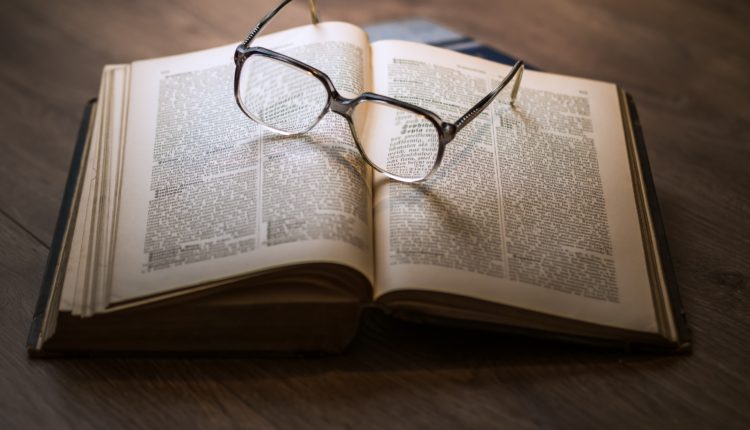Before we discuss how you could be plagiarizing work accidentally, and how to avoid it, let’s be clear about what is ‘plagiarism’. If you are a student, researcher, or writer, and have spent hours writing an article, a thesis, an essay, a research paper, a biography, or a story and are happy that it’s been published.
After a while, when you are surfing the internet, you are dumbfounded to discover that paragraphs from your hard work are showing up on websites without you knowing. How do you react? Once you have got over the initial shock, you feel disgusted that someone has copied your work and published it without seeking your permission or citing you.
This act of copying someone else’s work and claiming it to be your work is called ‘plagiarism’. You will find several definitions of ‘plagiarism’ on Wikipedia, Merriam-Webster, Oxford dictionary, and other sites.
Basically, plagiarism in simple words is cheating or robbing. A plagiarizer is a person who has accidentally or intentionally copied someone else’s work and published it as their own original work. Plagiarism is considered to be an act of premeditated fraud. It implies stealing someone else’s work and lying about it. It’s called ‘intellectual theft’.
Accidental plagiarism
There are several incidents where unintentional plagiarism occurs. For example, you are a student and have written your assignment, and submitted it without doing a free plagiarism check. Your teacher returns it and tells you that your work contains plagiarized content. A teacher can even go to the extent of failing you for this oversight. To avoid such a situation, embarrassment and probability of failure, you can use http://searchenginereports.net/plagiarism-checker before submitting any work.
A researcher can be faced with the same dilemma. The researcher spends hour’s laboriously conducting research making notes and submits the completed research work for publication and awards. The publishing body or whoever the work has been submitted for approval to rejects it. The reason cited; the work contains plagiarized content.
A third and most common mistake that is made, which causes accidental plagiarism is forgetting to cite someone else’s work in your own work. You forget to put it in quotes and give it proper citation.
These are just two examples; accidental plagiarism can occur in any piece of writing that’s published on the internet.
As a student, writer, researcher, or anyone who posts content on any website should pass their written content through a plagiarism checker. If the plagiarism checker certifies that the content is unique, only then submit it.
The dilemma of ‘common knowledge’
This is a dilemma faced mostly by students when they submit an assignment and the teacher rejects it for containing plagiarized content. The student thinks its ‘common knowledge’ and doesn’t need citation.
Common knowledge is information that appears across many sources without any clear origin. These include historical dates, established facts, or theories that are considered to be the foundation of a field. If you are unsure of what you have written is ‘common knowledge’ or not. Rather than getting blamed for plagiarism; just check your work in a plagiarism checker. If the plagiarism checker certifies that you have not plagiarized even a single sentence, you can rest assured that you won’t be accused of plagiarizing.

Intentional plagiarism
Intentional plagiarism is a crime; it’s as simple as that. In the United States, you can get indicted for plagiarism and penalized and punished. This nuisance of plagiarism has caught the internet world by storm. Intentional plagiarism is done on purpose, and some plagiarists are extremely crafty. They use a bag of tricks to escape getting caught for plagiarism. In fact, some writers go to the extent of advertising this fact. It’s only when you carefully read the content they have written, and to your horror, you realize that they have plagiarized.
The worst aspect of plagiarism is that there are websites that blatantly advertise and urge clients to submit documents, and they will generate authentic copies that are not plagiarized. This practice is an unashamed theft of intellectual property.
That’s it!
Plagiarism has become a worldwide nuisance, and people who sweat over writing original content are outraged. Therefore, it’s advised to all writers regardless of what you do; DON’T PLAGIARIZE’. There are dozens of very good plagiarism checker apps available on the internet, and quite a few are free. So please to avoid getting caught or blamed for plagiarism using a plagiarism checker for any work that you intend to submit. ‘Happy Writing’.



